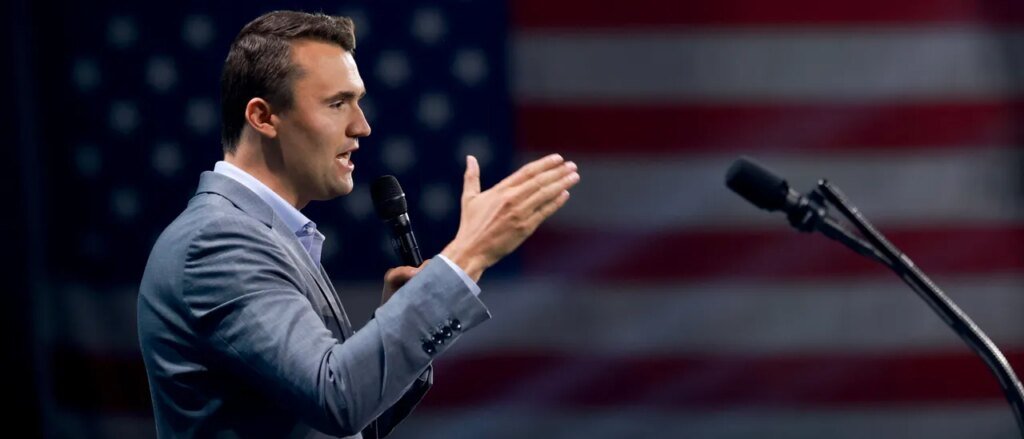Reflections on Charlie Kirk’s Impact
Charlie Kirk was, for many, a more compelling evangelical leader than several traditional pastors across America. Somehow, he managed to attract support while facing challenges from both left and right ideologies, although it seems the infiltration of the church predominantly stemmed from leftist influences. Interestingly, he didn’t attend a Bible college; his education came from elsewhere. His strongest influence thrived in environments often dominated by liberal views, rather than in typical church settings.
Nonetheless, God used Charlie’s journey for growth. His theological beliefs were sound and orthodox, shaping his views on marriage, work, and even death. While he was recognized politically, he increasingly emerged as a spiritual figure, especially for the youth who, more and more frequently, sought his spiritual guidance. Charlie wasn’t shy about professing that Jesus Christ was his personal Lord and Savior, and he often expressed his desire to be remembered for this faith someday.
This made Charlie a formidable force, challenging adversaries in what he viewed as Satan’s strongholds: left-leaning colleges and dark corners of the Internet. He encouraged free speech and meaningful dialogue, often making people comfortable with discussions they’d typically avoid. Charlie was always kind, even when conversations ended in disagreement, and he did influence some along the way.
However, his growing influence irked those opposed to his message. Unfortunately, Charlie was tragically killed, alongside friends and supporters, by an individual with connections to the transgender community. This act, it seemed, was meant to silence him.
Historically, attempts to quash messages of hope have often ended in failure. Two thousand years ago, an effort to extinguish the message of Jesus came to a head when he was crucified. But from that horrific event sprang the greatest story of redemption—His resurrection.
Satan has consistently tried to hinder progress, from ancient Egypt to modern times. Those attempts have often crumbled, just like Pharaoh’s army at the Red Sea and the remnants of Hitler’s regime.
At meetings where Charlie encountered opposition, he confronted it boldly in the name of Jesus. We too must stand against such evil while striving to thrive and uplift our communities.
Charlie’s legacy continues through the work of his wife, Erica, and others inspired by him. Jesus Christ’s might transforms what was intended for evil into opportunities for growth and renewal. As a movement, we will keep pushing forward, with faith guiding us.
Self-reflection is essential, especially as we navigate grief and loss. God understands our sorrow, but He also invites us toward forgiveness, even toward those who have done wrong. I know I have to forgive, just as Jesus forgives me. It’s crucial not to let resentment take root; otherwise, we risk internal destruction. Our heartfelt forgiveness can unite us with Christ and open doors in ways we might not expect.
Many have placed their faith back in Jesus, returning to church, healing marriages, and making positive life changes. Some even named their children after Charlie, illustrating the impact he had on lives.
One individual shared, “I’m an atheist, but this event made me rethink my questions. Tomorrow, I’m going to church to pray for Charlie’s family.”
Like Jesus, Charlie Kirk championed freedom in a significant spiritual struggle. He gave us a profound gift—his life. Let’s harness that legacy to pursue the “even greater things” that Jesus promised us as we follow Him.







